![The history of Lekki Phase 1 [istockphoto/medium] The history of Lekki Phase 1 [istockphoto/medium]](https://static.netnaija.com/i/qGK1XnlyNrV.webp)
Lekki Peninsula, now synonymous with luxury living in Lagos, Nigeria, boasts of some of the world's most expensive real estate, but it was once a dirty swamp.
Lekki was once known as Maroko, a densely populated slum.According to history told and documented, Maroko was demolished in the early 1990s by the Lagos State Military Government Raji Rasaki under the supervision of Military Head of State Ibrahim Badamosi Babangida.
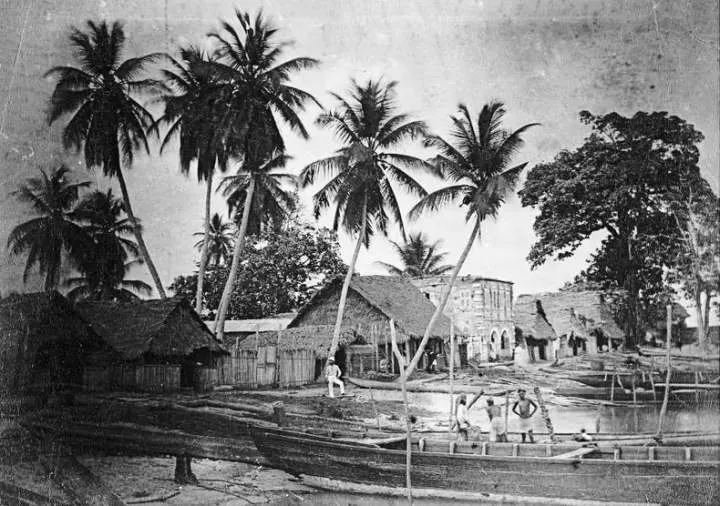
The stated purpose was to improve living conditions and prevent slum-related diseases. However, the eviction was brutal, displacing thousands of residents with little to no warning or support.
Available research revealed that Ligali Ayorinde, Chief Judge of Lagos State, was instrumental in forcefully evicting Maroko residents by refusing to grant a one-day extension of the 7-day radio notice. After government action, Ayorinde ruled that the subject matter had been destroyed, leaving the evictees without any legal case.
The blood history of Lekki Phase 1
On July 14th, 1990, heavily armed soldiers carried out the eviction with military precision. The terrified residents faced violence and chaos. Many women were raped and abducted.
Families were separated in the chaos. Injuries from flying debris caused death, and people drowned while running into uncovered wells. It was a war zone that caused many people to lose their homes and livelihoods.
The demolished Maroko gave rise to Lekki, a name derived from a Portuguese sailor, Mr. Lecqi, who settled in the area in the 18th and 19th centuries. Lekki's location on a naturally formed peninsula, bordering the Atlantic Ocean and Lagos Lagoon, offered prime real estate potential.
Today Lekki is a symbol of Lagos' wealth and affluence but it is strongly rooted in the tragedy of Maroko, which shows the human cost of economic growth and advancement.

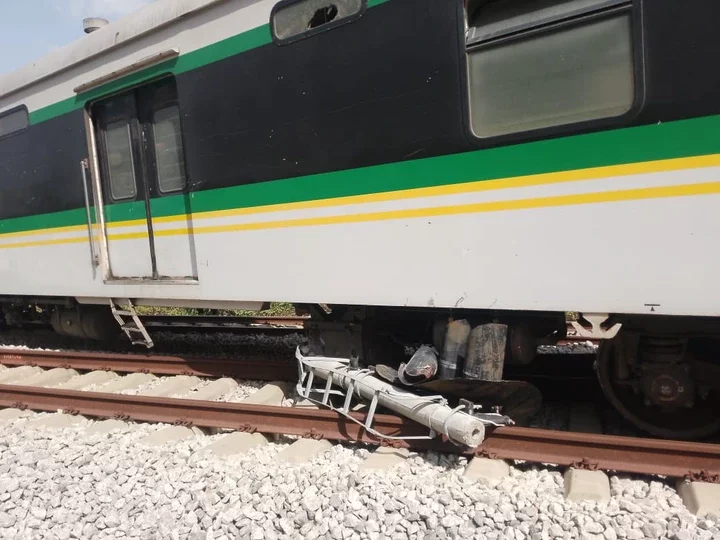
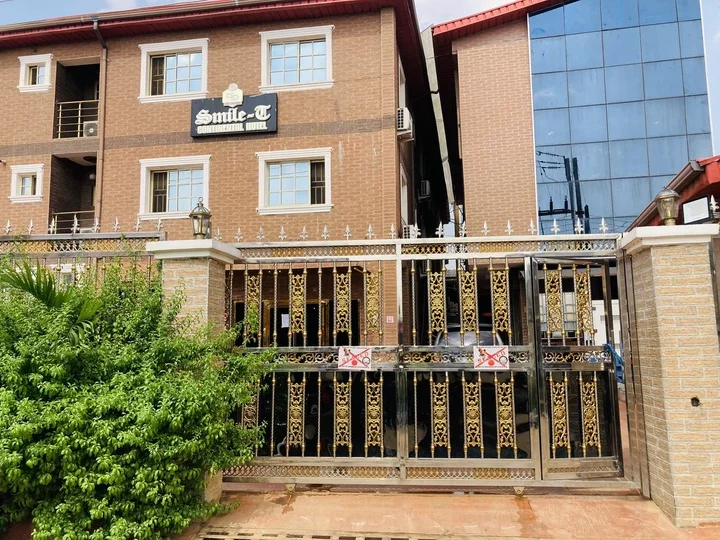
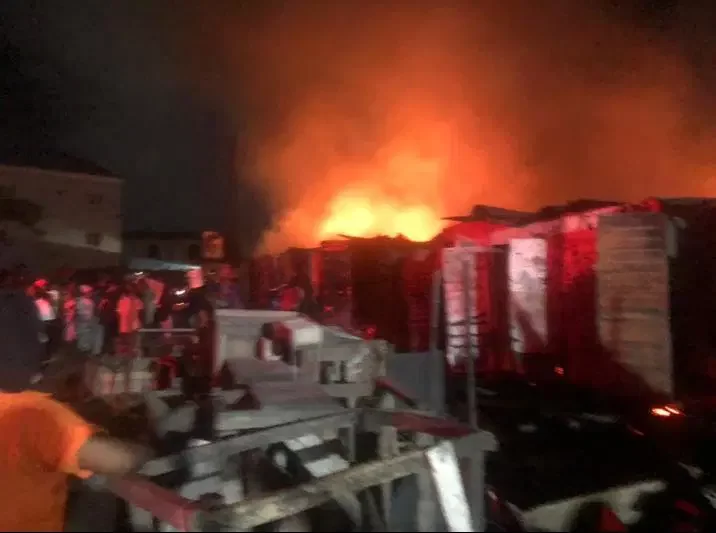


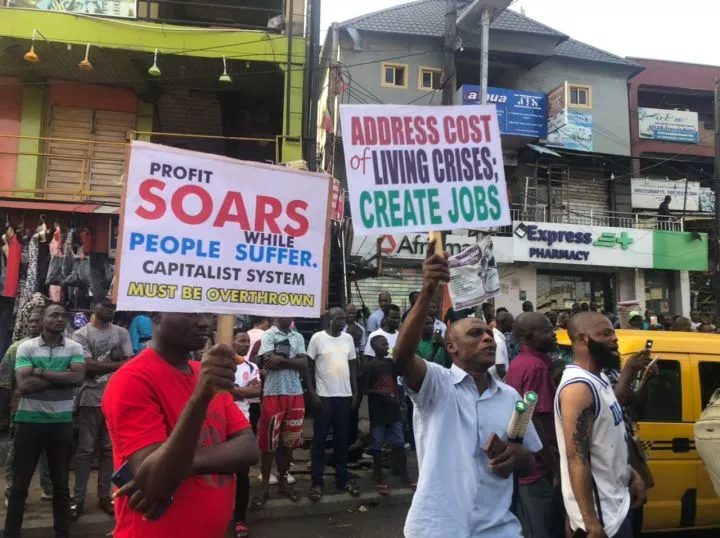
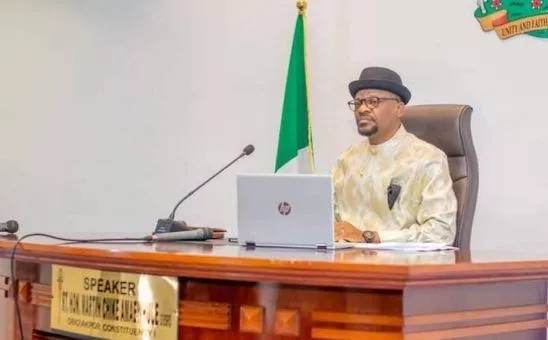








Comments